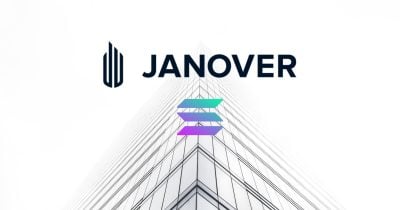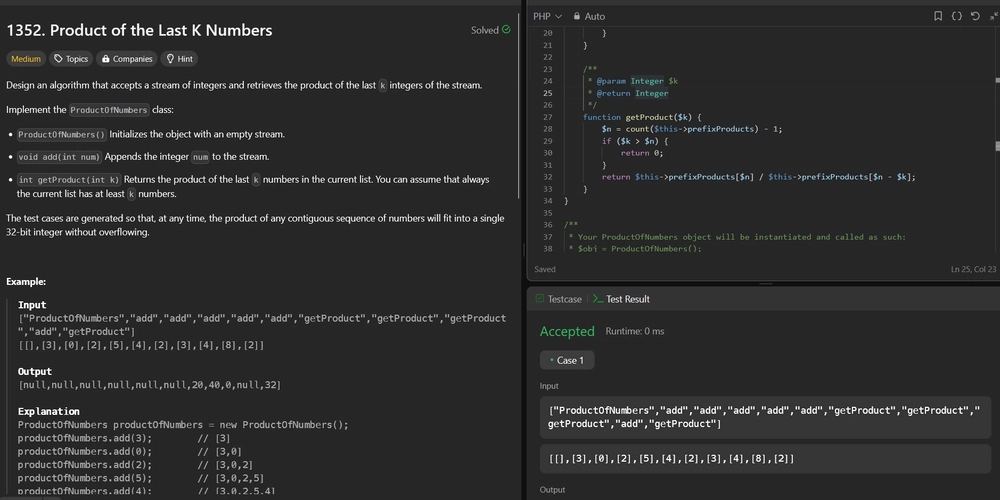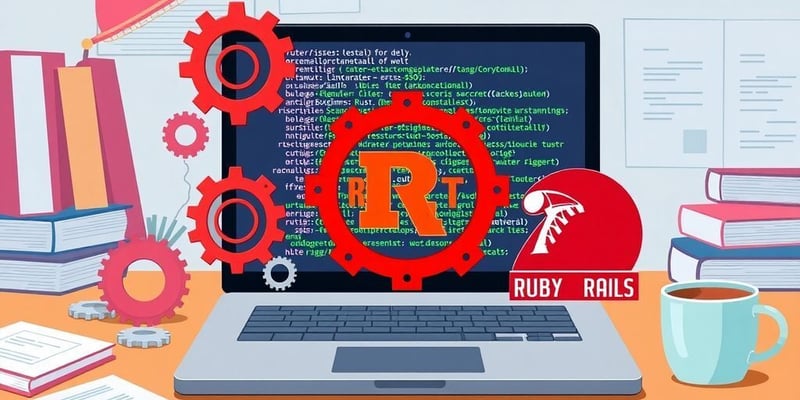Navigating Beginner Frustrations in Software Development: A Roadmap to Resilience
Starting a career in software development is exhilarating, but it’s also fraught with challenges that can test even the most determined newcomers. From cryptic error messages to the pressure of keeping up with rapidly evolving technologies, beginner frustrations are universal—but they’re also surmountable. Below, we dissect common pain points and actionable strategies to overcome them, ensuring you stay motivated and grow into a confident developer. 1._ “I Don’t Know Where to Start”:_ The Paradox of Choice The Frustration: With endless languages, frameworks, and tutorials available, beginners often freeze at the starting line, overwhelmed by the sheer volume of options. How to Overcome It: Focus on Fundamentals: Master core programming concepts (variables, loops, conditionals) in one language (e.g., Python or JavaScript) before branching out. Set Clear Goals: Align learning with a tangible project (e.g., “Build a portfolio website” or “Automate a repetitive task”). Follow Structured Paths: Use platforms like freeCodeCamp or The Odin Project for guided, project-based curricula. “Why Won’t This Code Work?”: Debugging Despair The Frustration: Hours spent staring at a cryptic error message or unexpected behavior can erate confidence. How to Overcome It: Break It Down: Isolate the problem by testing small code snippets. Use print() statements or debuggers (e.g., VS Code’s debugger) to trace values. Leverage Resources: Search error messages on Stack Overflow, but understand the solution instead of copy-pasting. Embrace the Process: Debugging is a skill. Document recurring issues to recognize patterns over time. “Everyone Else Is Ahead of Me”: Imposter Syndrome The Frustration: Comparing yourself to peers or online experts can make you feel unqualified, even as you learn. How to Overcome It: Reframe Comparisons: Recognize that everyone starts somewhere. Social media showcases polished results, not the grind behind them. Track Progress: Keep a journal of milestones (e.g., “Fixed my first bug” or “Built a CRUD app”) to visualize growth. Join Communities: Engage in forums like DEV.to, Reddit’s r/learnprogramming, or local meetups to share struggles and wins. 4.** “Tutorial Hell”: Stuck in Passive Learning ** The Frustration: Watching tutorials without applying knowledge leads to surface-level understanding and stagnation. How to Overcome It: Code Along, Then Build: After a tutorial, rebuild the project from scratch without guidance. Add Your Twist: Modify tutorial projects (e.g., add a new feature or UI redesign) to practice problem-solving. Prioritize Projects Over Tutorials: Allocate 70% of your time to building, 30% to learning. “I’m Working Alone”: Isolation & Lack of Feedback The Frustration: Coding in a vacuum makes it hard to gauge progress or improve efficiently. _How to Overcome It: _ Seek Code Reviews: Share code on GitHub and ask for feedback in communities like CodeNewbie or LinkedIn groups. Pair Programming: Collaborate with peers via tools like VS Code Live Share or Tuple to learn collaboratively. Contribute to Open Source: Start with “good first issue” labeled projects on GitHub to gain real-world experience. “I Keep Forgetting Things”: The Retention Struggle The Frustration: Concepts and syntax slip away quickly without consistent practice. How to Overcome It: Spaced Repetition: Use tools like Anki to create flashcards for key concepts. Teach Others: Explain topics in blog posts or videos—teaching reinforces understanding. Build a Cheat Sheet: Maintain a personal documentation repo for quick reference. “How Do I Stay Motivated?”: The Burnout Risk The Frustration: Long hours, slow progress, and setbacks can drain enthusiasm. How to Overcome It: Celebrate Small Wins: Finished a feature? Fixed a bug? Acknowledge it. Schedule Breaks: Use the Pomodoro Technique (25 minutes focused, 5 minutes rest) to avoid mental fatigue. Reconnect with Purpose: Remind yourself why you started—whether it’s problem-solving, creativity, or career growth. Final Thoughts: Embrace the Journey Frustration is not a sign of failure—it’s evidence of growth. Every seasoned developer once faced the same hurdles. The key is to reframe challenges as opportunities to build resilience, problem-solving skills, and self-reliance. Actionable Takeaways: Break large problems into smaller, manageable tasks. Seek feedback early and often. Consistency > Perfection: Code daily, even for 30 minutes. The road to proficiency is nonlinear, but persistence and adaptability will transform today’s frustrations into tomorrow’s expertise. Keep coding, keep learning, and remember: every error message is a step closer to mastery. Your journey is unique, but you’re never alone in it.

Starting a career in software development is exhilarating, but it’s also fraught with challenges that can test even the most determined newcomers. From cryptic error messages to the pressure of keeping up with rapidly evolving technologies, beginner frustrations are universal—but they’re also surmountable. Below, we dissect common pain points and actionable strategies to overcome them, ensuring you stay motivated and grow into a confident developer.
1._ “I Don’t Know Where to Start”:_ The Paradox of Choice
The Frustration: With endless languages, frameworks, and tutorials available, beginners often freeze at the starting line, overwhelmed by the sheer volume of options.
How to Overcome It:
- Focus on Fundamentals: Master core programming concepts (variables, loops, conditionals) in one language (e.g., Python or JavaScript) before branching out.
- Set Clear Goals: Align learning with a tangible project (e.g., “Build a portfolio website” or “Automate a repetitive task”).
- Follow Structured Paths: Use platforms like freeCodeCamp or The Odin Project for guided, project-based curricula.
- “Why Won’t This Code Work?”: Debugging Despair The Frustration: Hours spent staring at a cryptic error message or unexpected behavior can erate confidence.
How to Overcome It:
- Break It Down: Isolate the problem by testing small code snippets. Use
print()statements or debuggers (e.g., VS Code’s debugger) to trace values. - Leverage Resources: Search error messages on Stack Overflow, but understand the solution instead of copy-pasting.
- Embrace the Process: Debugging is a skill. Document recurring issues to recognize patterns over time.
- “Everyone Else Is Ahead of Me”: Imposter Syndrome The Frustration: Comparing yourself to peers or online experts can make you feel unqualified, even as you learn.
How to Overcome It:
- Reframe Comparisons: Recognize that everyone starts somewhere. Social media showcases polished results, not the grind behind them.
- Track Progress: Keep a journal of milestones (e.g., “Fixed my first bug” or “Built a CRUD app”) to visualize growth.
- Join Communities: Engage in forums like DEV.to, Reddit’s r/learnprogramming, or local meetups to share struggles and wins.
4.** “Tutorial Hell”: Stuck in Passive Learning **
The Frustration: Watching tutorials without applying knowledge leads to surface-level understanding and stagnation.
How to Overcome It:
- Code Along, Then Build: After a tutorial, rebuild the project from scratch without guidance.
- Add Your Twist: Modify tutorial projects (e.g., add a new feature or UI redesign) to practice problem-solving.
- Prioritize Projects Over Tutorials: Allocate 70% of your time to building, 30% to learning.
- “I’m Working Alone”: Isolation & Lack of Feedback The Frustration: Coding in a vacuum makes it hard to gauge progress or improve efficiently.
_How to Overcome It: _
- Seek Code Reviews: Share code on GitHub and ask for feedback in communities like CodeNewbie or LinkedIn groups.
- Pair Programming: Collaborate with peers via tools like VS Code Live Share or Tuple to learn collaboratively.
- Contribute to Open Source: Start with “good first issue” labeled projects on GitHub to gain real-world experience.
- “I Keep Forgetting Things”: The Retention Struggle The Frustration: Concepts and syntax slip away quickly without consistent practice.
How to Overcome It:
- Spaced Repetition: Use tools like Anki to create flashcards for key concepts.
- Teach Others: Explain topics in blog posts or videos—teaching reinforces understanding.
- Build a Cheat Sheet: Maintain a personal documentation repo for quick reference.
- “How Do I Stay Motivated?”: The Burnout Risk The Frustration: Long hours, slow progress, and setbacks can drain enthusiasm.
How to Overcome It:
- Celebrate Small Wins: Finished a feature? Fixed a bug? Acknowledge it.
- Schedule Breaks: Use the Pomodoro Technique (25 minutes focused, 5 minutes rest) to avoid mental fatigue.
- Reconnect with Purpose: Remind yourself why you started—whether it’s problem-solving, creativity, or career growth.
Final Thoughts: Embrace the Journey
Frustration is not a sign of failure—it’s evidence of growth. Every seasoned developer once faced the same hurdles. The key is to reframe challenges as opportunities to build resilience, problem-solving skills, and self-reliance.
Actionable Takeaways:
- Break large problems into smaller, manageable tasks.
- Seek feedback early and often.
- Consistency > Perfection: Code daily, even for 30 minutes.
The road to proficiency is nonlinear, but persistence and adaptability will transform today’s frustrations into tomorrow’s expertise. Keep coding, keep learning, and remember: every error message is a step closer to mastery.
Your journey is unique, but you’re never alone in it.











































































































































































![[The AI Show Episode 144]: ChatGPT’s New Memory, Shopify CEO’s Leaked “AI First” Memo, Google Cloud Next Releases, o3 and o4-mini Coming Soon & Llama 4’s Rocky Launch](https://www.marketingaiinstitute.com/hubfs/ep%20144%20cover.png)














































































































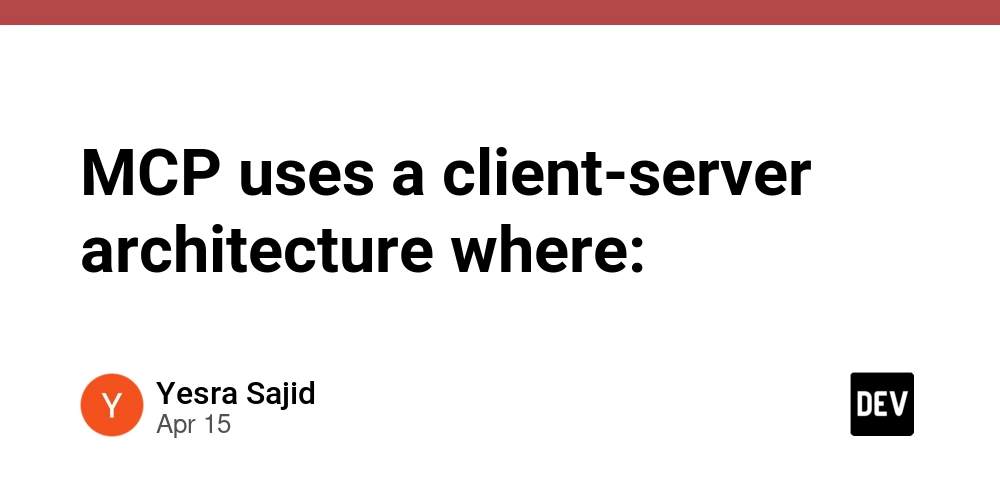
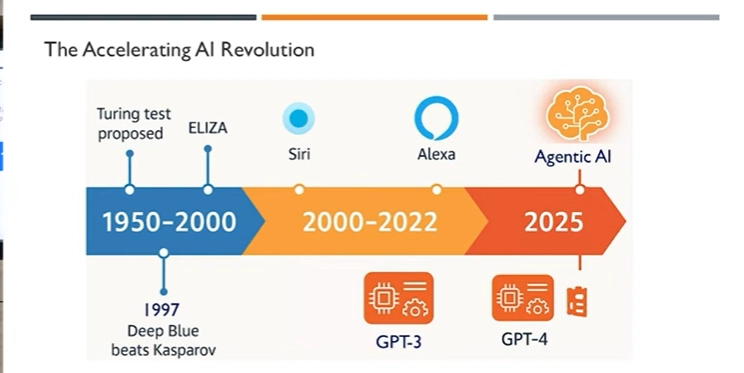
































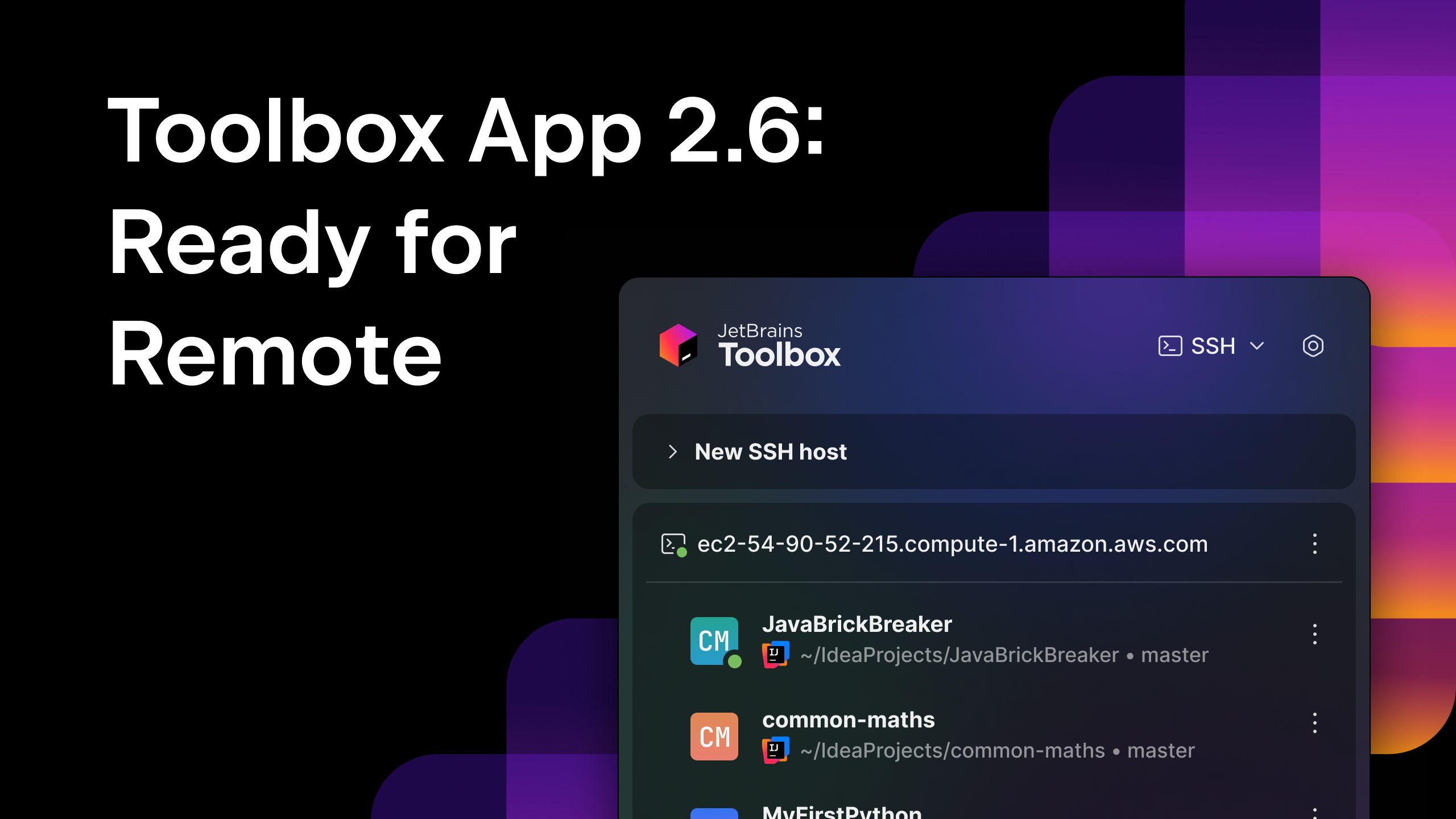





































































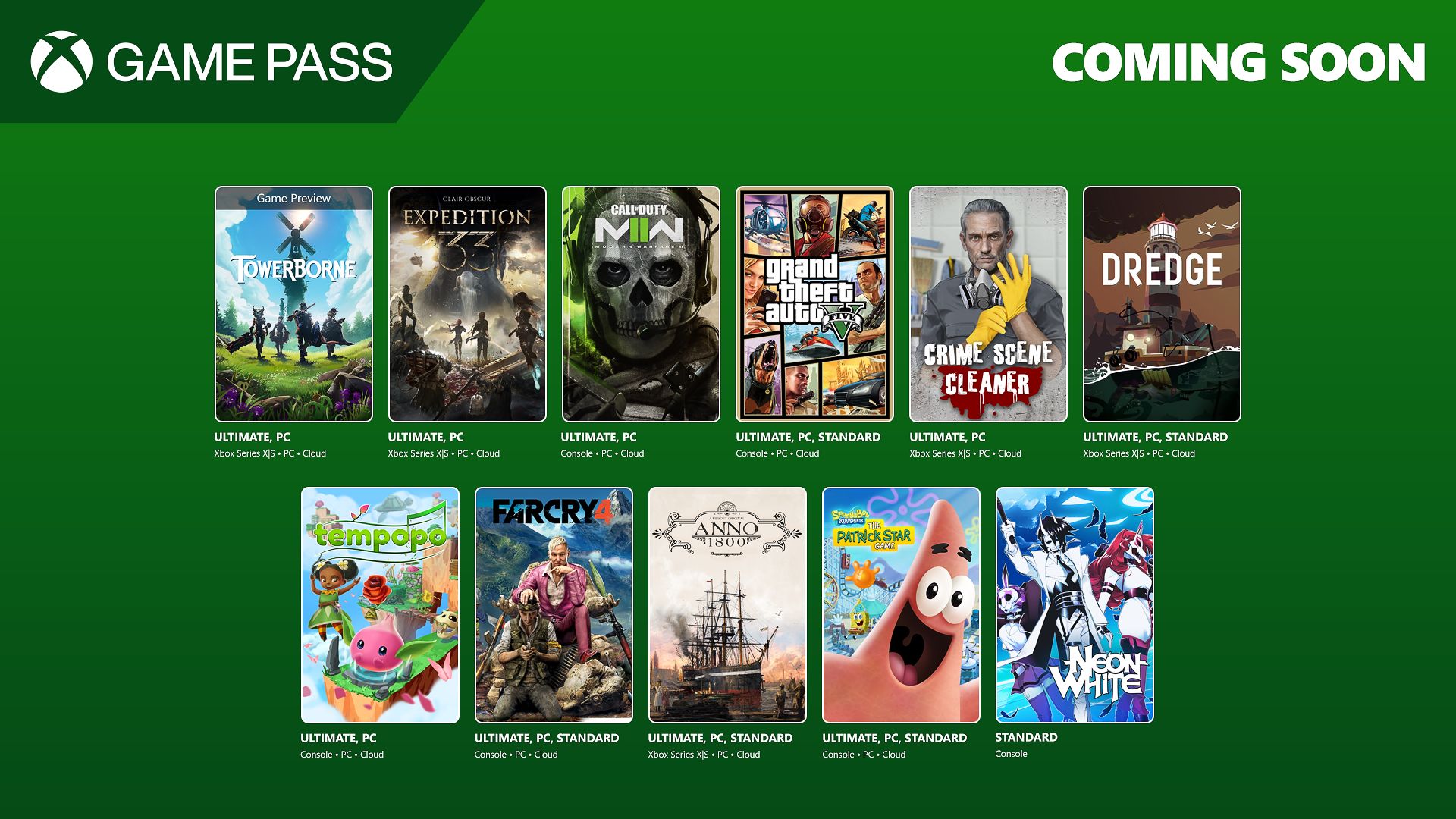

















.png?#)








-Baldur’s-Gate-3-The-Final-Patch---An-Animated-Short-00-03-43.png?width=1920&height=1920&fit=bounds&quality=70&format=jpg&auto=webp#)























_Aleksey_Funtap_Alamy.jpg?width=1280&auto=webp&quality=80&disable=upscale#)



















































































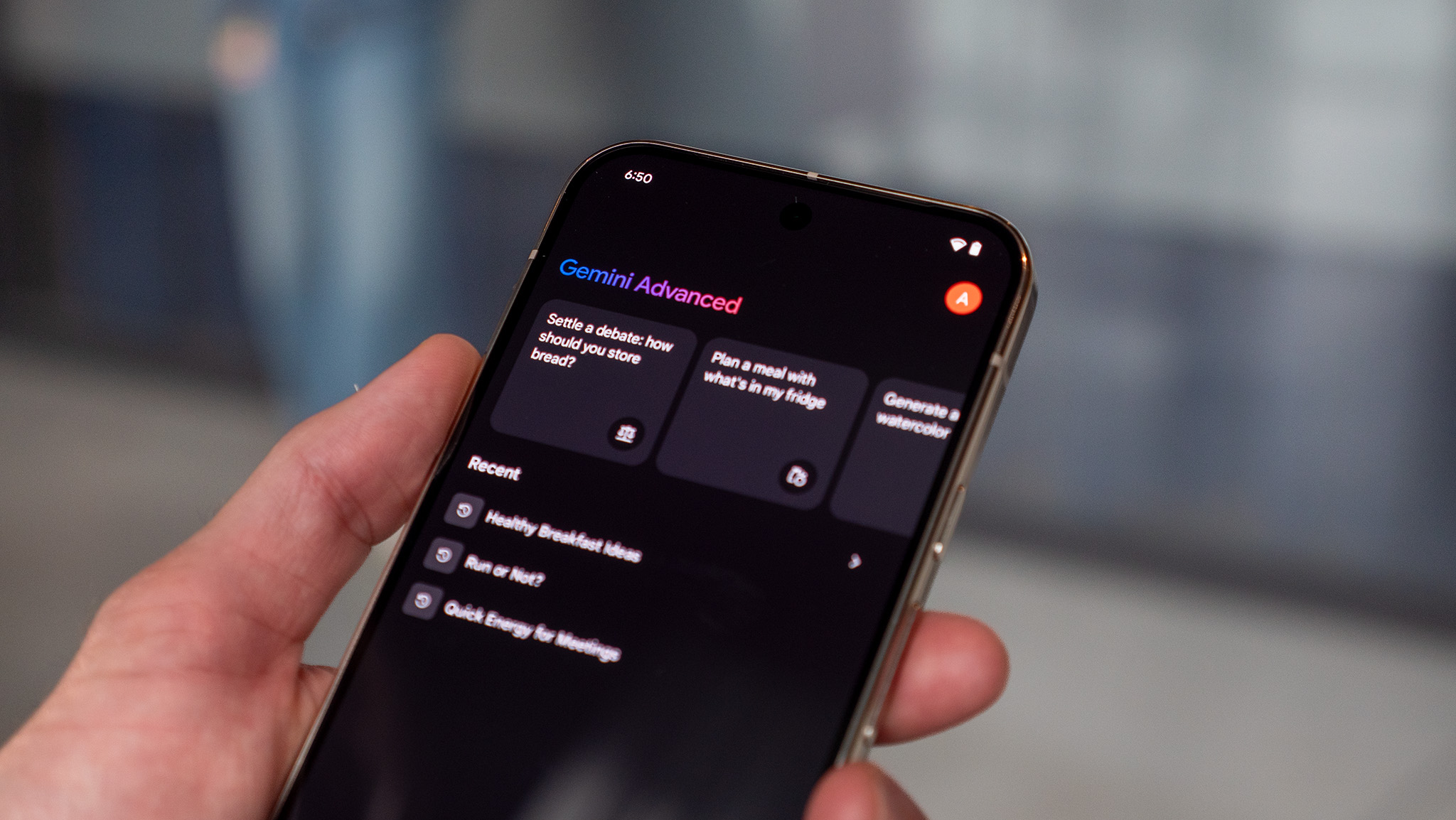


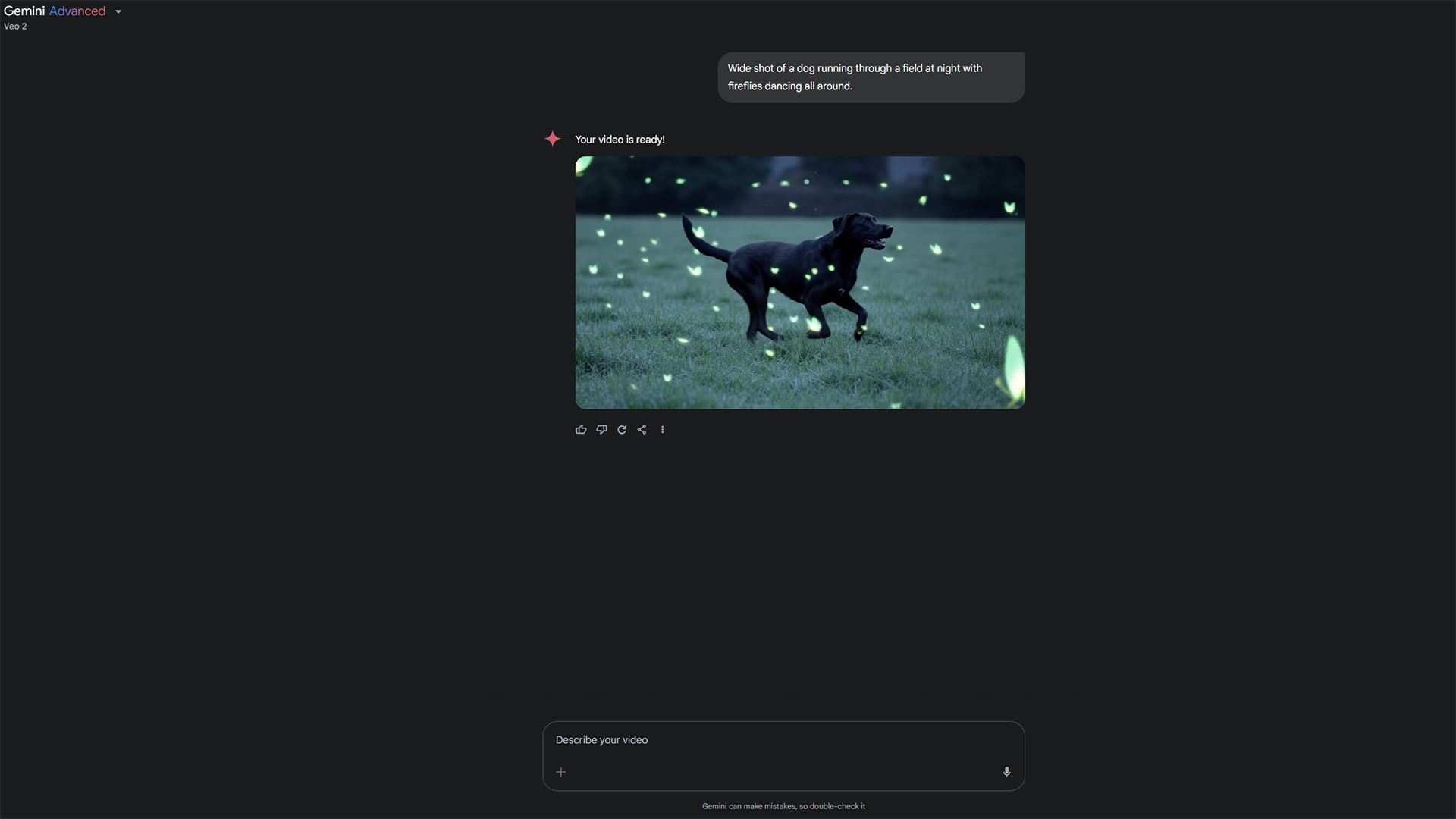





















![Apple's Foldable iPhone May Cost Between $2100 and $2300 [Rumor]](https://www.iclarified.com/images/news/97028/97028/97028-640.jpg)
![Apple Releases Public Betas of iOS 18.5, iPadOS 18.5, macOS Sequoia 15.5 [Download]](https://www.iclarified.com/images/news/97024/97024/97024-640.jpg)
![Apple to Launch In-Store Recycling Promotion Tomorrow, Up to $20 Off Accessories [Gurman]](https://www.iclarified.com/images/news/97023/97023/97023-640.jpg)
















































































































